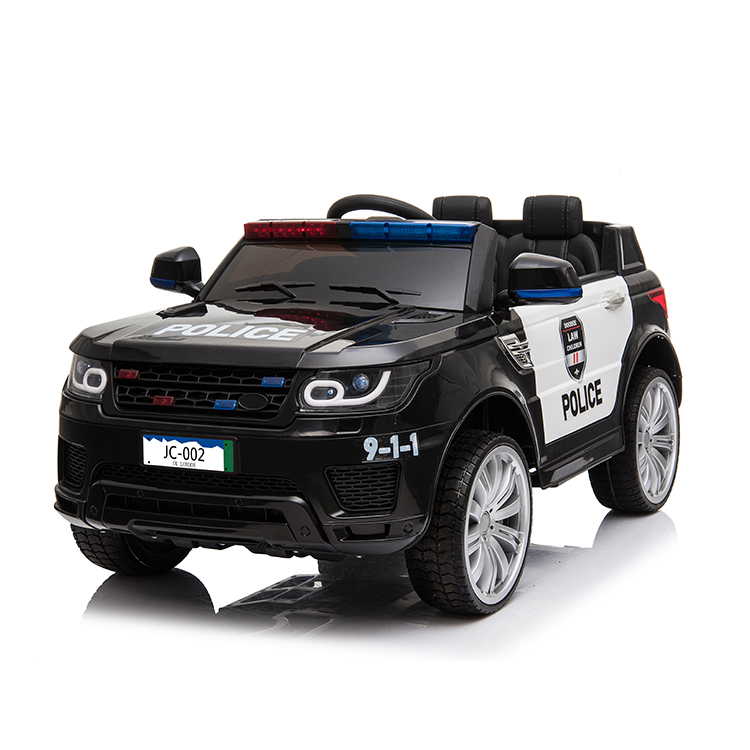Ride-on cars offer more than just an exciting ride; they provide a dynamic platform for social development and interaction among children. These miniature vehicles create opportunities for cooperative play, communication, and the development of essential social skills that are crucial for building meaningful relationships later in life. Let’s explore how ride-on cars contribute to social development through play and interaction.
1. Cooperative Play: Riding ride-on cars often involves group play, where children share vehicles, negotiate roles, and engage in collaborative scenarios. This cooperative play nurtures teamwork and the ability to work with others.
2. Turn-Taking: Sharing ride-on cars requires taking turns. Children learn the importance of patience, waiting their turn, and giving others a chance to play.
3. Communication Skills: Cooperative play with ride-on cars encourages children to communicate their intentions, negotiate, and engage in conversations with peers. They learn to express themselves clearly and listen to others.
4. Empathy and Understanding: Through shared play experiences, children gain insight into the feelings and perspectives of others. Empathy and understanding are essential components of social development.
5. Problem-Solving Scenarios: Ride-on cars present opportunities for problem-solving. Children must navigate obstacles, plan routes, and work together to overcome challenges, fostering critical thinking and creative solutions.
6. Role-Playing: Riding ride-on cars often involves role-playing, where children take on different roles such as drivers, passengers, or even traffic officers. This imaginative play enhances storytelling and encourages creativity.
7. Social Confidence: Successfully participating in group play with ride-on cars boosts a child’s social confidence. As they interact, cooperate, and communicate, their self-esteem grows.
8. Shared Experiences: The shared experience of riding ride-on cars creates bonds among children. These shared memories contribute to the formation of friendships and connections.
9. Cultural Exchange: Ride-on cars attract children from various backgrounds, offering a platform for cultural exchange and the opportunity to interact with peers from different walks of life.
10. Conflict Resolution: Cooperative play can sometimes lead to conflicts, providing children with opportunities to learn conflict resolution skills, compromise, and find common ground.
Ride-on cars promote social development by providing a fun and engaging context for children to interact, communicate, and collaborate. Through shared play experiences, children develop the essential social skills that contribute to their growth as individuals who can navigate social situations with confidence and understanding.


















